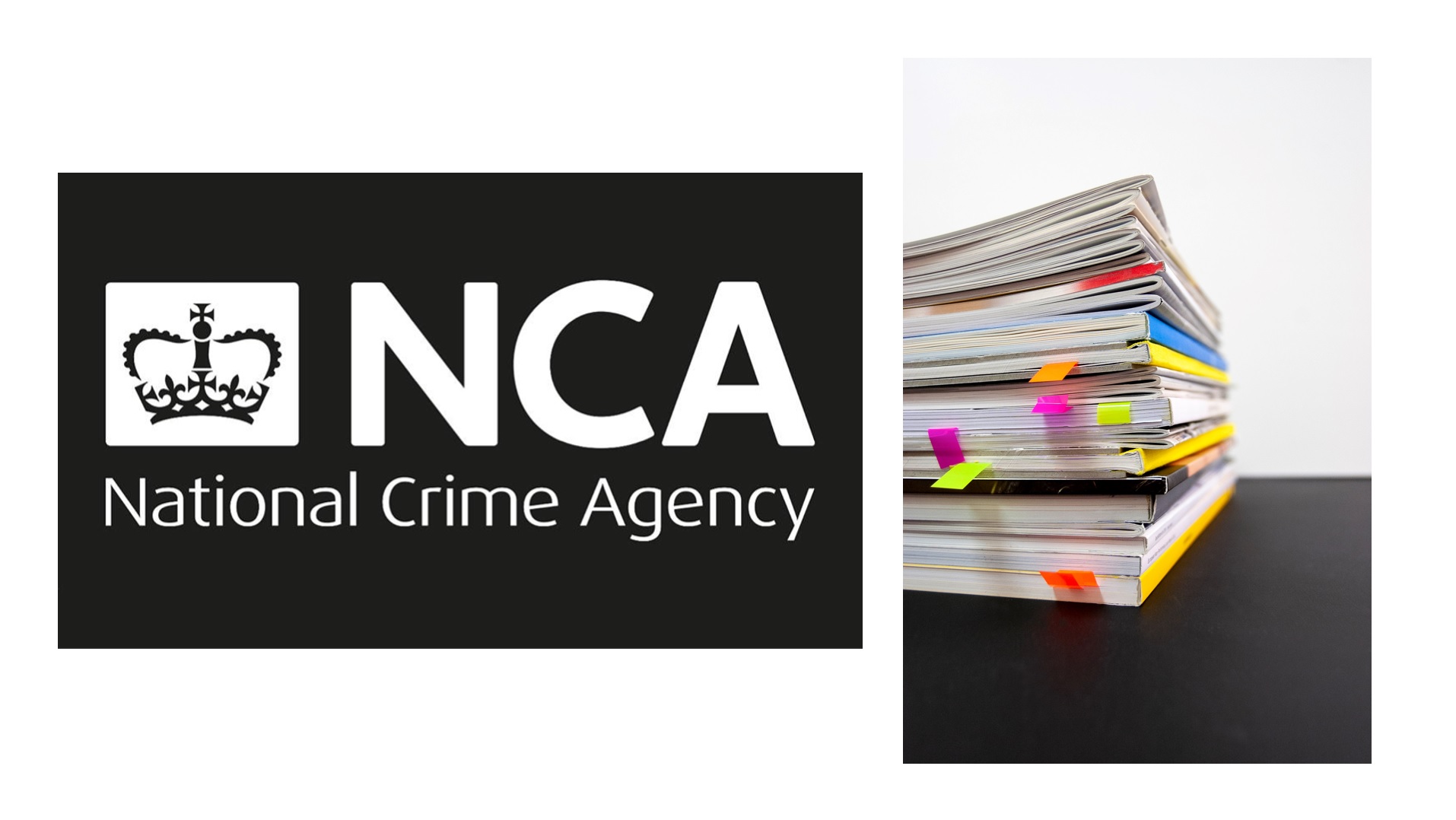MANY of you – particularly readers from outside the EU – have asked us why the bloc’s football clubs are set to become obliged entities.
We posed the question to the Deputy Director General of the European Commission’s financial services directorate Alexandra Jour Schroeder.
Q. Alexandra, the AML Regulation expands the scope of obliged entities to new sectors. Why was it decided to include professional football clubs and agents?
A. The decision to include football was taken in recognition of the high risks of the sport being abused to create and launder dirty money, as identified by the Financial Action Taskforce (FATF) and Europol.
This is due to the size, wealth, and the large betting market associated with the sport. As a means of addressing these risks, the AML Regulation expands the list of obliged entities to include professional football clubs and agents.
However, as the sector and its risks are subject to wide variations, Member States will have the flexibility to remove them from the list of obliged entities if they represent a low risk.
The rules that apply to football will kick in after a longer transition period, starting from 5 years after the entry into force of the AML Regulation, as opposed to 3 years for the other obliged entities.








